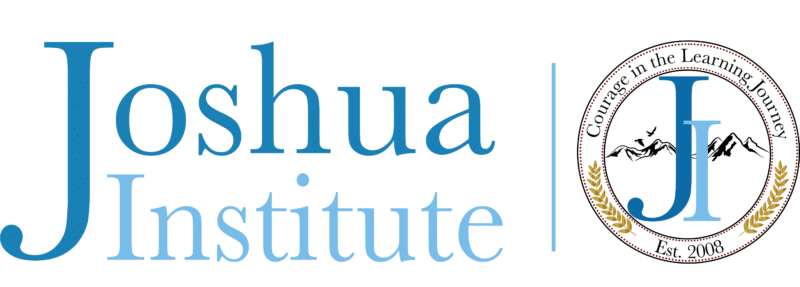Frequently Asked Questions

What is Educational Therapy?
We all remember that one teacher, coach, neighbor, or mentor that had an impact on us. They encouraged us when things got hard, motivated us to persevere, and celebrated with us when we hit a milestone. They believed we could do it because they believed in us. An Educational Coach, who will lead your child through Educational Therapy, knows the plan forward and leads the way. At the heart of Educational Therapy is a trusting relationship that can help a student reach their fullest potential. It treats the underlying causes of learning difficulties rather than simply treating the symptoms. Educational Therapy is an intense mediated approach, strengthening areas that are weak, and is so much more than having students memorize facts and figures or knowing what to think. Instead, Educational Therapy teaches students how to think, which has a lasting impact on your child’s learning journey.
How do I know if my child needs services?
If you believe your student is capable of more than he or she is showing at school, there may be some barriers to your student’s educational success. Do you hear things like, “I forgot that was due,” “Who cares? I’m going to fail anyway,” or “I hate school?” What appears as laziness, apathy, or even hatred toward school may actually be symptoms of a deeper struggle for your student.
Our proprietary process is designed to partner with you as we determine the root cause of your student’s struggles and create a personalized success plan to transform your student’s learning journey.
But, my child is smart. How can he/she have a learning disability?
People with learning disabilities have average to superior intelligence! Many are gifted in math, science, fine arts, journalism, and other creative fields. However, their strengths can often be offset by noticeable weaknesses – an inability to read or write, memory problems, or difficulty understanding what is heard or seen. Our Educational Therapy services and research-based teaching techniques offer hope in remediating these weaknesses, allowing your child to flourish academically.
How much does it cost?
What is Dyslexia?
Dyslexic children and adults struggle to read fluently, spell words correctly, and/or learn a second language, among other challenges. These difficulties have no connection to their overall intelligence.
What is Dysgraphia?
Many experts view dysgraphia as an issue with a set of skills known as transcription (i.e., handwriting, typing, and spelling). Like Dyslexia, these difficulties have no connection to one’s overall intelligence.
What is Dyscalculia?
Dyscalculia refers to difficulties in math. Those with dyscalculia often struggle with key concepts like bigger vs. smaller. They can have a hard time doing basic math problems, or understanding abstract math. This difficulty has no connection to a person’s overall intelligence.
